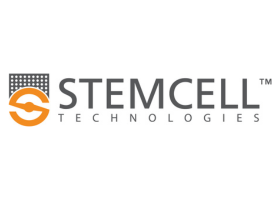
Human induced pluripotent stem cells (iPSCs) are a transformative tool for a wide range of biomedical research applications, including disease modeling, drug discovery, and regenerative medicine.
Read More Lire la suite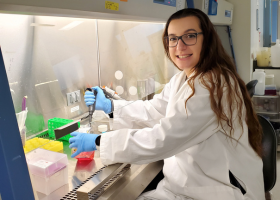
In 2023, Canada’s Stem Cell Network (SCN) and MS Canada launched the SCN-MS Canada Postdoctoral Fellowship in Regenerative Medicine (RM) and Multiple Sclerosis (MS). Dr. Elisabet Jakova was the award recipient and has been actively working on her RM-MS project over the past year at the University of Manitoba. In recognition of MS Awareness Day, Dr. Jakova shares an update on her research project and Fellowship experience.
Read More Lire la suite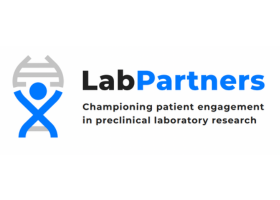
While patients are the ultimate end-users of all stem cell research, their perspectives aren’t always considered by research teams. The value of engaging patients as partners on the research team (not as participants) is widely recognized in clinical research.
Read More Lire la suite
Deciding to pursue graduate studies is no easy decision. It’s a commitment of time, energy, and often financial resources, with the promise of intellectual growth and the pursuit of knowledge at its core.
Read More Lire la suite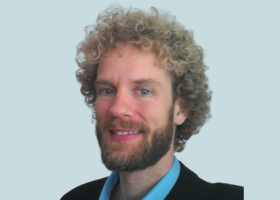
Skeletal muscle wasting conditions, whether they are caused by inherited genetic mutations or aging, are accompanied by a phenomenon called “regenerative dysfunction”.
Read More Lire la suite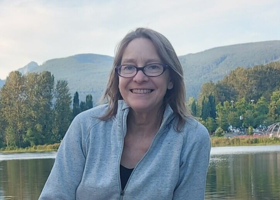
In the early afternoon of June 1991, Karen Peat found herself over whelmed with fatigue after vacuuming all morning. She was four months pregnant with her third child. She lay down for a nap. It would be one month before her eyes opened again, and little did she know that an innovative cell therapy would change her life.
Read More Lire la suite
As a Postdoctoral Fellow under Dr. Ubaka Ogbogu, my research covers topics related to the ethical, legal, and societal issues associated with regenerative medicine. More specifically, it addresses epistemic injustice in the Western hegemony of scientific knowledge and identifies what Canada may learn from how low-cost therapies are developed in the Global South.
Read More Lire la suite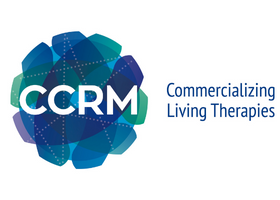
Does wondering how to commercialize and translate your work into a technology or cell or gene therapy keep you awake at night?
Read More Lire la suite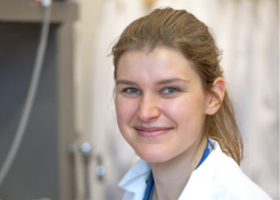
Type 1 Diabetes (T1D) is an autoimmune disease that destroys the insulin-producing cells in the pancreas. There is no cure for T1D and people diagnosed with this disease, often from a young age, are fully dependent on insulin injections to keep blood sugar levels stable.
Read More Lire la suite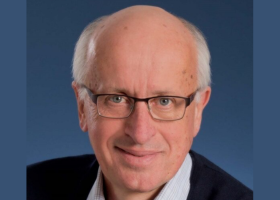
In September, Gordon was presented with the 2023 Till& McCulloch Award in recognition of his contribution to global stem cell research through his paper published in Cell Stem Cell entitled, Modeling human multi-lineage heart field development with pluripotent stem cells. Gordon recently had the opportunity to engage in a conversation with Joanna Valsamis, the Director of Knowledge Mobilization.
Read More Lire la suite
During my Ph.D. I focused on trying to improve hematopoietic stem cell (HSC)-directed gene therapies. I was interested in following that work up with understanding how an HSC works and joined the DickLab. Stephanie Xie, Andy Zeng, and I have been able to start unravelling how HSCs are able to withstand a lifetime of demand that results from insults in the form of infections and inflammation.
Read More Lire la suite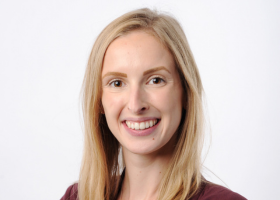
“Everything interesting happens at intersections,” remarked Dr. Michael May, President & CEO of the Centre for Commercialization of Regenerative Medicine (CCRM), as he welcomed our 2023 Summer by Design cohort to the program. As a scientist with multidisciplinary interests spanning bioethics, policy, law, communication, and business, I was instantly reassured.
Read More Lire la suite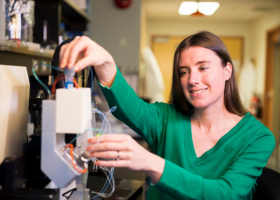
Glioblastoma multiforme (GBM) is an aggressive type of brain cancer that can quickly spread to several areas of the brain, leading to disability or death. According to the Brain Tumour Registry of Canada, this devastating disease affects 4 in 100,000 Canadians.
Read More Lire la suite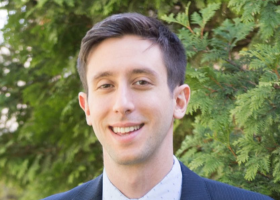
In April, my lab officially opened at the CancerCareManitoba Research Institute. Looking at the empty benches, I felt proud to start a job I had been working towards for years and excited about the scientific opportunities ahead.
Read More Lire la suite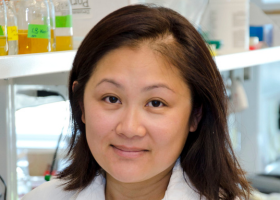
For most people, $300,000 is a life-changing amount of money. But for a small portion of the population with a rare genetic disease called cystic fibrosis (CF), $300,000 is the cost of a year’s supply of a life-saving drug.
Read More Lire la suite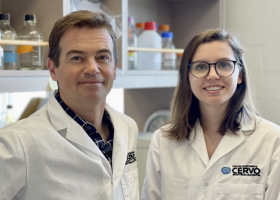
Parkinson’s disease affects a growing number of people worldwide. Despite more than 200 years of research into this degenerative disease, there is still no treatment that can prevent or stop its progression. However, we have a much better understanding of what happens in the brains of Parkinson’s patients.
Read More Lire la suite
These are words that nest in the minds of many graduate students yet are rarely spoken aloud, but why? Why do trainees feel pressured not to talk about their feelings? Their successes, challenges and struggles?
Read More Lire la suite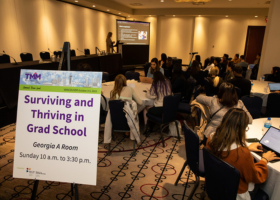
Graduate school is a very rewarding, but trying, experience. It is a crash course in how to be a scientist and critical thinker. A student learns many valuable skills by the time they graduate, but it can be difficult to recognize what skills they have acquired by the end of their program.
Read More Lire la suite
Working at the bench or at the bedside both present unique opportunities for career development and for furthering research – I’m fortunate to have experienced both.
Read More Lire la suite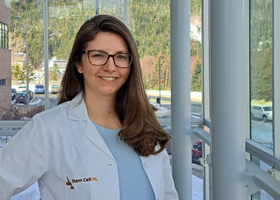
I stumbled upon stem cells quite late in my training. I was well into my second postdoctoral fellowship at Western University in London, Ontario, when my supervisor asked me if I was interested in creating induced pluripotent stem cells (iPSCs) to model a rare genetic disorder. “Sure”, I said, not really knowing what an iPSC was, or how I was supposed to use it to model our disease of interest.
Read More Lire la suite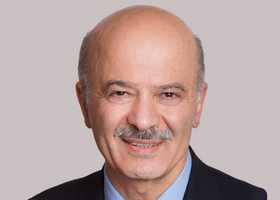
On October 20th, 2022, Canada’s Stem Cell Network (SCN) welcomed three new members to its Board of Directors,including Mr. Reza Moridi. Today, on International Volunteer Day, the Stem Cell Network would like to recognize the dedication of, and thank, volunteers like Mr. Moridi.
Read More Lire la suite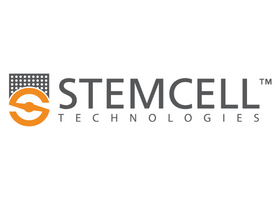
Human pluripotent stem cell (hPSC) lines are now commonly used across the globe. In your lab, you might rely on hPSCs to uncover answers about human development, to study the effects of drugs, or maybe as a tool to delve deeper into human disease. As the body of knowledge around these cells grows, it is increasingly challenging to keep track of best practices, including standards for handling and information reporting.
Read More Lire la suite
Regenerative medicine (RM) sits at a busy intersection of scientific niches. Throughout the past couple of years, many of us have been a little more siloed than we’re used to, with fewer opportunities to absorb knowledge through chance interactions, and through the alchemy that takes place when we happen to be in the same room as colleagues working on different frontiers of our field.
Read More Lire la suite
The pandemic shone a bright light on the importance of the Canadian bio-economy. This critical industry is relied upon for vaccines, lifesaving medical research and diagnostic devices,personal protective equipment, and food security.
Read More Lire la suite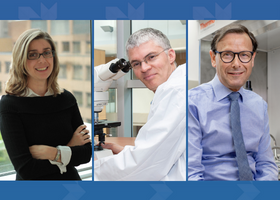
Traditionally powered by stem cells, the field of regenerative medicine focuses on replacing, repairing, or regenerating human cells, tissues, and organs. It is considered by many to be the next frontier of medicine. Known widely as the “building blocks” of the body, stem cells have tremendous potential to treat a plethora of diseases, injuries, and life-altering illnesses, and Canada has been a global leader in this field for over 60 years.
Read More Lire la suite
Dear stem cell community, It is an absolute pleasure to communicate with you for the first time as the Associate Scientific Director of the Stem Cell Network. It is a great honour and responsibility to be able to actively contribute to advancing stem cell and regenerative medicine research in Canada.
Read More Lire la suite
As Canada takes steps to re-establish the health and economic well-being of Canadians coming out of the COVID-19 pandemic, now more than ever is the time to tap into our research strengths. In the world of health research, that means expanding on 60 years of scientific advances made by the stem cell and regenerative medicine (RM) research community.
Read More Lire la suite